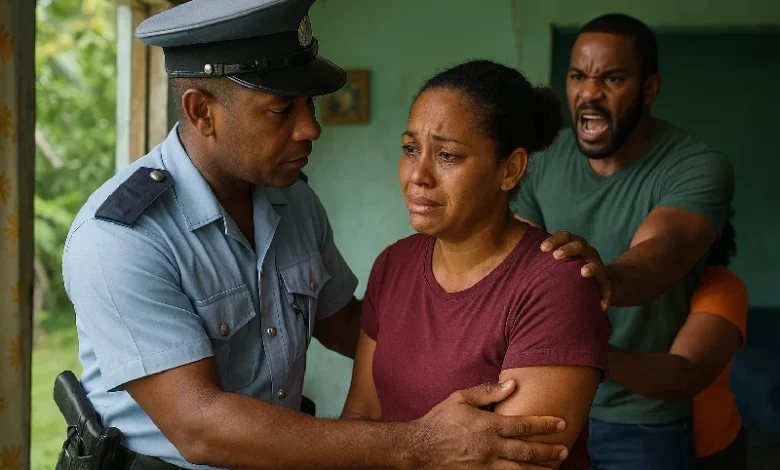Domestic Violence Act of Dominica

The Domestic Violence Act of Dominica is a central piece of legislation aimed at protecting individuals, primarily women and children, from violence and abuse occurring within domestic relationships. It provides for legal remedies, institutional mechanisms, and protective measures to ensure the safety and dignity of victims, while also outlining the responsibilities of law enforcement, the courts, and social services.
Purpose and Legal Definition
The Act was passed to provide emergency protection and long-term relief to individuals experiencing domestic abuse. It defines domestic violence broadly to include physical, sexual, emotional, psychological, and financial abuse committed by a person against a spouse, former spouse, family member, or intimate partner.
Unlike conventional criminal statutes, this law does not require criminal charges to be filed for a person to seek protection. Instead, victims can approach the Magistrate’s Court to obtain Protection Orders, Occupation Orders, or Tenancy Orders to restrict the abusive party’s behavior and safeguard the victim’s wellbeing.
Types of Protective Orders
The Act outlines several types of relief available through the courts:
- Protection Orders prohibit the respondent from committing or threatening violence, contacting the victim, or entering specified premises.
- Occupation Orders can remove the abuser from a shared residence, regardless of legal ownership or tenancy.
- Tenancy Orders may transfer tenancy rights temporarily or permanently to the applicant.
These orders can be granted on an interim (ex parte) basis and extended after a full hearing. Breaching any of these orders is a criminal offence punishable by fines or imprisonment.
Role of the Police and the Court
Under the Act, police officers are legally required to respond promptly to any reported incident of domestic violence. They may arrest without a warrant if they believe a Protection Order has been breached or if someone is at imminent risk. Police are also tasked with assisting victims to access medical attention, safe shelter, or legal support.
Magistrates have been given specific powers to hear applications in private, grant orders swiftly, and consider supporting affidavits from professionals like doctors, counsellors, or social workers. These measures ensure the process is trauma-sensitive and responsive to urgency.
Access and Support for Victims
Victims can file applications directly or through third parties, including family members, social workers, or authorised advocates. The Social Welfare Division, Legal Aid Clinic, and other agencies play key roles in assisting with documentation, court appearances, counselling, and placement in emergency shelters.
While shelters are limited in Dominica, non-governmental organisations and churches often collaborate with the Ministry for Social Services to offer temporary refuge to survivors, especially women with children.
Public Awareness and Training
Since the enactment of the law, various efforts have been made to sensitise the public and build capacity among frontline workers. Training sessions have been held for police officers, health professionals, teachers, and judicial officers to help them understand the legal provisions and provide victim-centered responses.
Awareness campaigns, especially during 16 Days of Activism against Gender-Based Violence, have focused on encouraging reporting, removing stigma, and ensuring survivors know their rights under the law.
Criticism and Need for Reform
Despite its progressiveness, the Act has faced criticism for limited enforcement, lack of dedicated shelters, and delays in court proceedings. Civil society groups have advocated for amendments to include electronic monitoring, mandatory counselling, and extended support for men and LGBTQ+ survivors, who are often excluded from outreach.
There are also calls for the establishment of a Domestic Violence Unit within the police force, which would specialise in such cases and receive advanced training in victim management and trauma-informed care.
Integration with Other Laws
The Domestic Violence Act intersects with several other laws in Dominica, including the Children and Young Persons Act, Sexual Offences Act, and Maintenance of Children Act. Together, these statutes form a legal foundation for safeguarding vulnerable individuals from abuse within the home and ensuring offenders are held accountable.
As Dominica continues to engage with regional bodies and international conventions such as CEDAW and the Belem do Pará Convention, there is increasing pressure to review and enhance the Act to better align with global best practices in domestic violence prevention.




